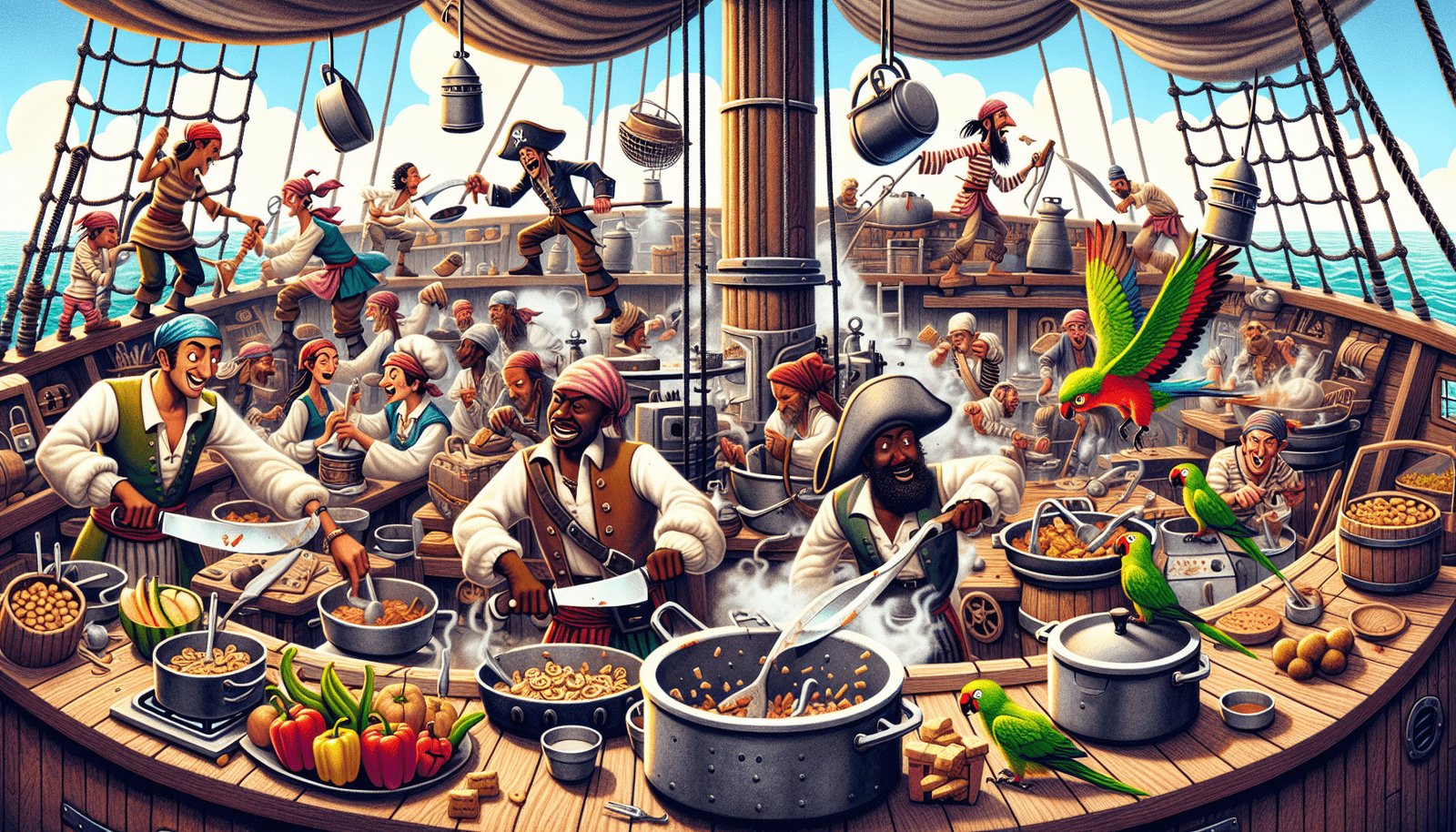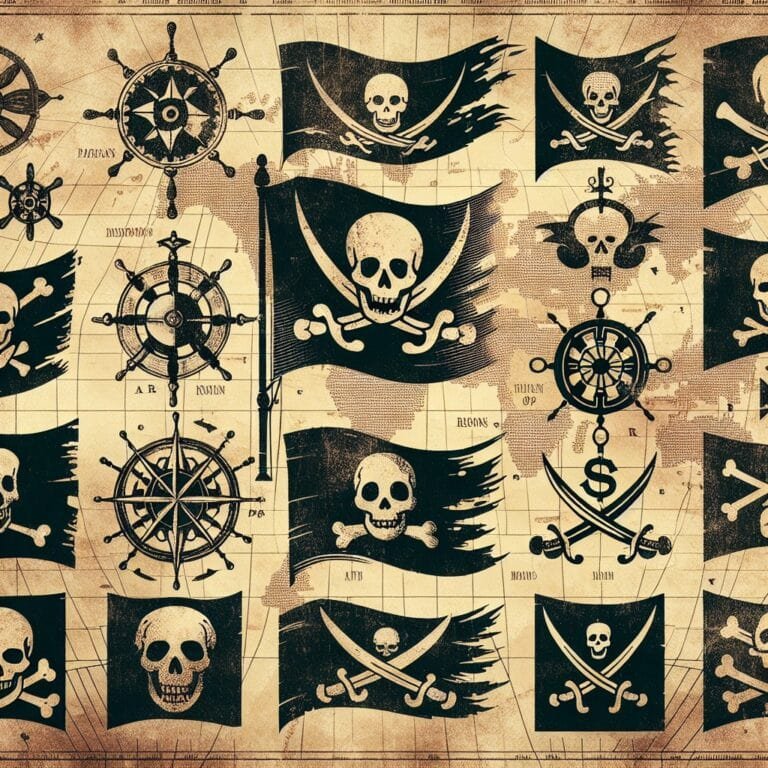## The Allure of Chance: A Look at Pirate Run Lotteries
The human fascination with chance is undeniable. From ancient coin flips to modern day lotteries, we are drawn to the potential for sudden, life-altering rewards, even when the odds are heavily stacked against us. This inherent desire is precisely what fueled the popularity of “pirate run lotteries” during the Golden Age of Piracy.
Contrary to popular belief, organized lotteries weren’t exclusive to landlubber governments. Pirates, notorious for their unconventional rules and exploitative tactics, also utilized lotteries as a means of generating wealth and entertaining their crews. However, these “pirate lotteries” were far from the regulated and transparent systems we are accustomed to today.
The Rules of the Game: Anyone’s Guess
Unlike official lotteries governed by strict regulations, pirate run lotteries lacked clear rules and transparency. Often orchestrated by pirates of questionable repute, these lotteries lacked oversight and fairness. The “house” – in this case, the pirate captain or running the lottery – controlled all aspects, from setting the odds to determining the prizes.
Participants would wager their hard-earned (or plundered) treasure on various outcomes, often relying on luck or superstition as their guiding principle. Instead of prize money, rewards might include:
* A share of captured treasure: This appealed to the pirates’ greed, promising a windfall from successful raids.
* Personal favors from the captain: Ensuring loyalty and compliance within the crew was a critical aspect of pirate leadership.
* Symbolic awards: Pennants, trinkets, or titles were often awarded to entice participants and foster a sense of camaraderie.
A House Always Wins: Pirate-Style
The allure of potential riches masked the inherent risk involved. The house, in this case, the pirate captain, almost always had an advantage. The odds were stacked against the participants, and the “winnings” often amounted to little more than an illusion of opportunity.
Moreover, the lack of regulated systems meant that fraud and manipulation were rampant. Participants could be cheated, tricked, or even robbed after placing their bets.
The Cycle Continues: Gambling’s Enduring Appeal
Despite the risks and inherent unfairness, pirate run lotteries thrived during the Golden Age of Piracy. The allure of risking it all for the chance at a grand reward, coupled with the thrill of being part of a lawless and exciting world, proved too tempting for many sailors.
In a world where life was often brutal and uncertain, these lotteries offered a momentary escape, a chance to dream of a life of riches and adventure. Modern day lotteries, though vastly different in their structure and regulations, share this fundamental appeal. They offer a fleeting hope, a possibility that against all odds, luck may favor the individual.









